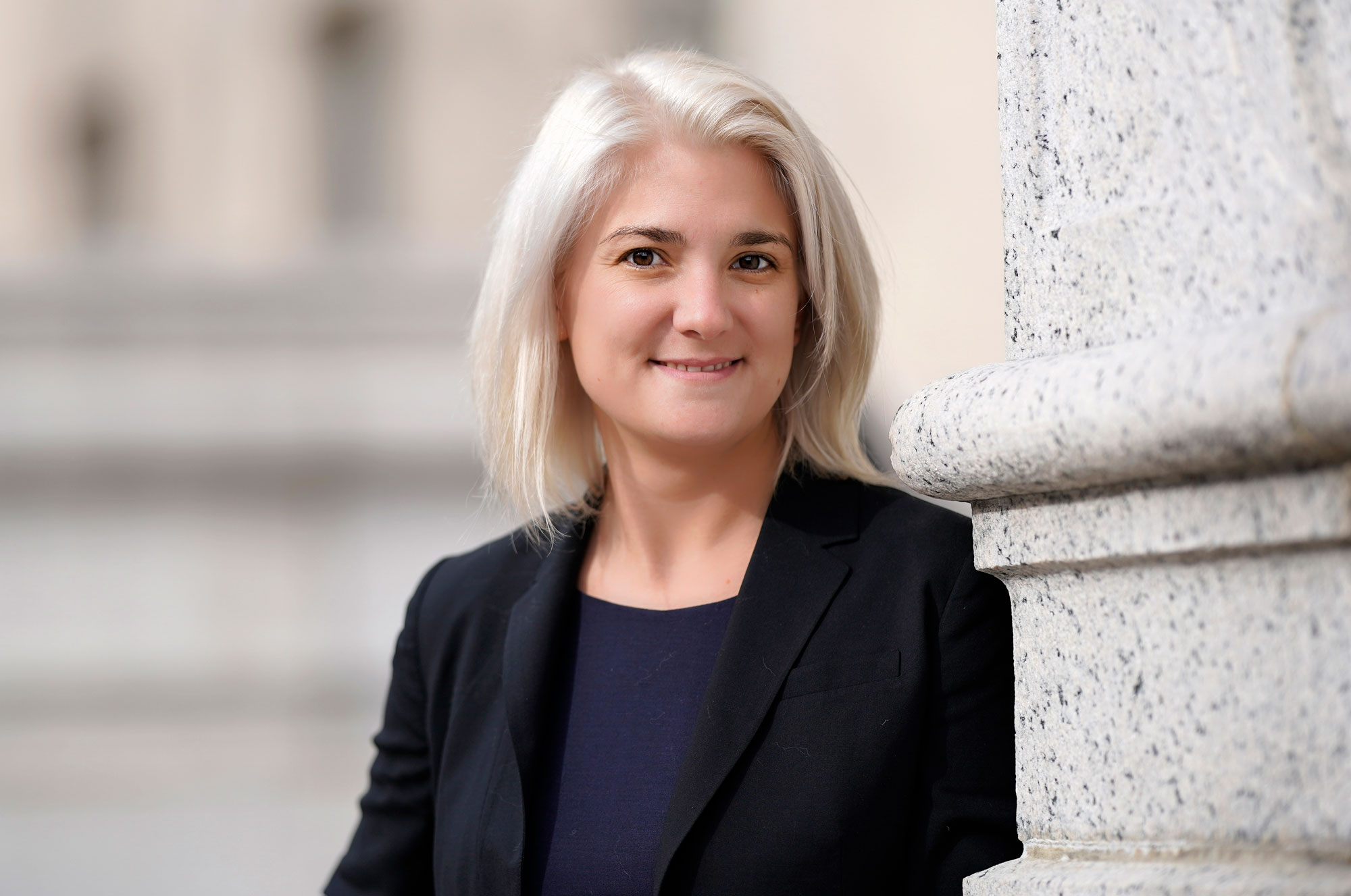

“Basically, everything I did in law school were the things you weren’t supposed to do,” says Meghan Iorianni ’13. Yet instead of derailing her career, all those nonconventional choices ultimately prepared the 32-year-old for an extraordinary life in public service.
Before the pandemic, Iorianni had been working as a federal antitrust enforcement attorney with the U.S. Federal Trade Commission (FTC), serving as an attorney advisor to the government of Ukraine through the USAID-funded Competition Law and Policy Program. She’d arrived in Kyiv in the fall of 2018 tasked with supporting Ukraine’s Antimonopoly Committee with competition enforcement—a daunting challenge given the rampant, systemic corruption that has long stymied the country’s efforts to achieve a free-market economy.
“If you have effective competition law and a fair judiciary, you wouldn’t have these oligarchs in Ukraine able to illegally maintain their assets—they tie up markets through anti-competitive activity and unfairly suppress the ability of small- and medium-size enterprises to grow and actively compete,” Iorianni says.
During her time in Ukraine, Iorianni began thinking more about the forces in society that allow corruption to flourish. Her writing on this topic was so compelling that she and her team were asked to draft amendments to Ukraine’s competition law and support U.S. anti-corruption initiatives, eventually presenting legislative suggestions before Ukraine’s Parliament and Ministry of Economic Trade, Development, and Agriculture.
When the pandemic hit, in March 2020, Iorianni was evacuated to the U.S., but she headed back to Kyiv several months later. This time, she was working for USAID’s Competitive Economy Program (CEP) as a competition attorney and also as a leader of privatization and foreign direct investment efforts and competitive expansion initiatives. “The oligarchs in Ukraine make it very difficult for companies to gain access to finance, with basic loans carrying interest rates of 22 to 27 percent,” she says. “So how do you get the capital that you need into the country? You look to foreign investments.”
She and her colleagues began helping smaller technology firms build out their businesses and become more competitive on the domestic and international fronts, and soon expanded beyond tech into industries ranging from forestry and furniture to tourism.
During her most recent tour in Ukraine, Iorianni oversaw the largest privatization in the country in 15 years; the development of both a pro-competitive small-scale privatization process and a national foreign direct-investment strategy; and significant expansion of the IT start-up industry and the furniture and domestic tourism sectors.
Iorianni had no idea she’d be doing any of this work when she was an undergraduate at the University of Virginia, class of 2010. In describing her career goals back then, she says, “I just wanted to help people.” She vacillated between medicine and law until her father, a surgeon, told her, “Medicine is not the path for you—you’ll get bored and you won’t feel like you’re serving people. The field has become too specialized. You’ll be doing the same procedures over and over.” Iorianni pursued coursework in political policy, law, philosophy, and the sciences, eventually graduating with majors in history and biology and a minor in French. “If you looked at my college transcript, it would seem like I was all over the map,” she recalls.
At Fordham Law, Iorianni continued to pursue a wide range of interests, bucking conventional wisdom. As she says, “You’re supposed to focus when you go to law school. You’re supposed to take your first-year classes, then you’re supposed to lock in on one particular area, get a job with a firm after your second year, and have that be a summer-long interview, and then hopefully go to that firm when you graduate.”
She didn’t do any of that. “I took everything under the sun at law school,” she says. “I was doing human rights work and research on post-conflict international criminal tribunals and the Special Tribunal for Lebanon. I worked in the Hague one summer for the International Criminal Court. I grew up in hospitals—I had a younger brother, Philip, who was ill—so I did health-care law and really enjoyed that. I also loved the ethics and litigation evidence practicums.” She participated in the Belfast/Dublin Summer Program and clerked for Irish Supreme Court Justice Donal O’Donnell.
She’d gotten to know Dean Emeritus and Norris Professor of Law John Feerick ’61 during the Belfast/Dublin program, and back in New York, she sought him out for career advice. “I was constantly in to see him and his former executive assistant, Derek Hackett, asking them about the practices of law that would resonate with me and what I should do to get there. And they said, ‘You might want to specialize.’”
She took this advice seriously—“Dean Feerick has been the single best advisor to me in my legal career, and Hackett was equally as influential in everything I’ve done”—but it wasn’t what she wanted to hear. “I had a really hard time because I didn’t want to specialize. I loved developing the skill set that came with each new area of law, and I saw how it all fit together.”
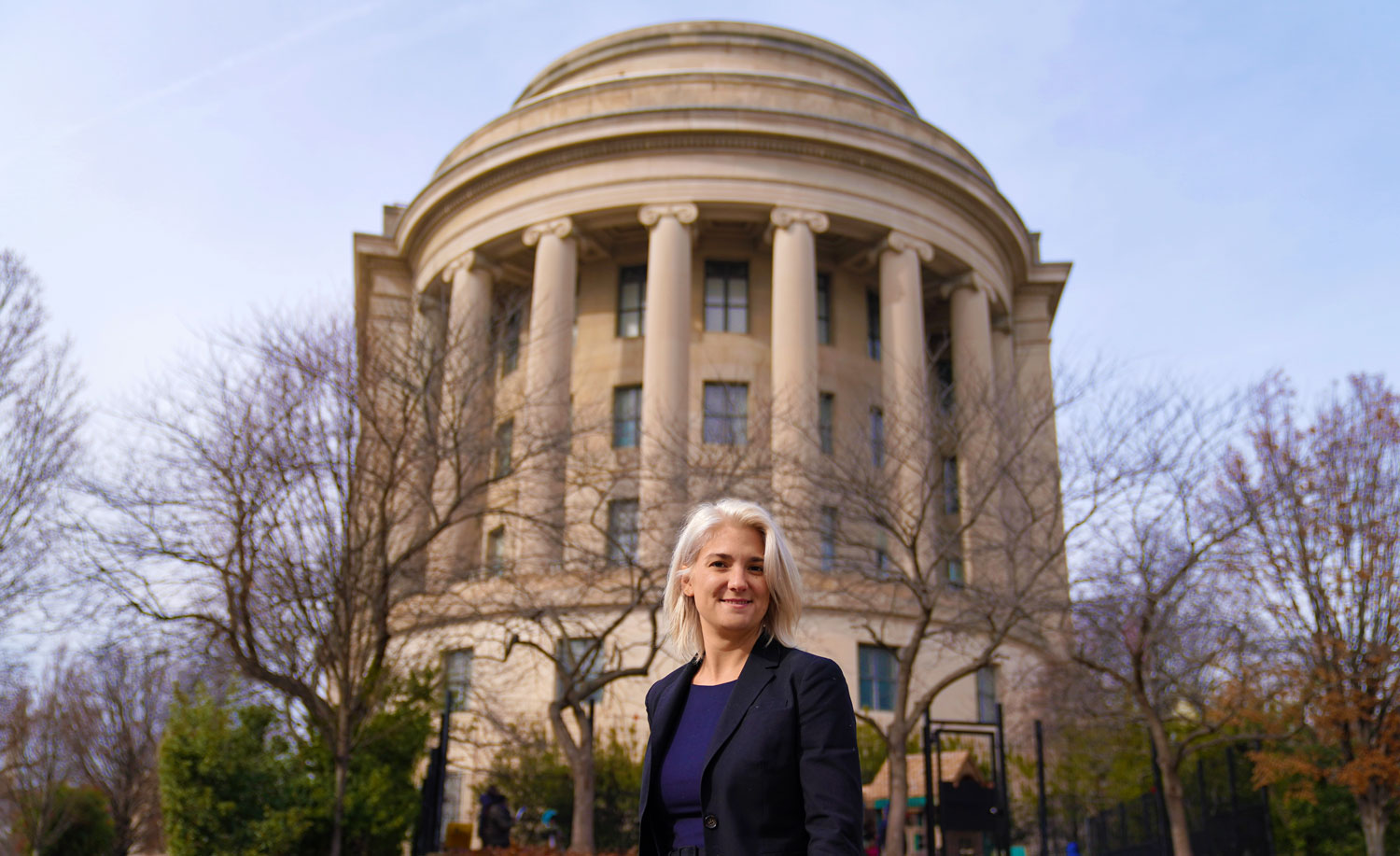
Feerick tells it this way: “In her second year Meghan came to see me and said she wanted a life of public service when she graduated. She gave me all the public service–related classes and other activities she was planning to pursue. Knowing there was a limited number of opportunities in public service when she graduated, I said it was important to include in her course of study something in a substantive area of the law, having in mind employment opportunities when she graduated. She came back to see me shortly after that meeting and said she would be taking a course in health care, as I recall.”
When Iorianni told Feerick she was planning to cram all her J.D. coursework into two years and spend her third year getting an LL.M. in International, European, and French Law at Paris’s Panthéon-Sorbonne University, he was not on board. “His response was, ‘What are you doing that for?’” she recalls. “He was very worried about me, and so was Hackett, who was a little more blunt about it. But eventually Hackett, over a venti no-foam latte, said, ‘Do what you love.’” The academic load was “horrifying,” she recalls with a laugh, but the knowledge she gained of E.U. law later proved invaluable.
There were moments when those who feared for Iorianni’s future seemed to be prescient. Pondering potential jobs after graduation, she realized that she gravitated toward the antitrust and competition law she studied in Paris and the litigation enforcement work she’d done. “Basically,” she says, “what I wanted to do was work for a government entity that was prosecuting or enforcing. And I had found in antitrust the diversity in a practice that I always wanted—the mixture of law and economic analysis, the direct impact on a population as a whole, and an immediate path to supporting both individuals and a society through preserving quality and innovation in goods and services.”
Prior to developing a specialty in antitrust at the Sorbonne, Iorianni pursued a prosecutor role in the Manhattan District Attorney’s Office, where she made it through three of the four rounds of interviews as an out-of-state applicant. As Feerick recalls, “In her third year, Meghan expressed an interest in working in a district attorney’s office, and I did all I could to help her achieve that goal. It didn’t happen because she had not taken a clinic or other relevant courses for such work, because of the Sorbonne route. This broke my heart because she was so able, committed, decent, and ethical.”
Her next move after graduating and entering a crushing 2013 legal job market was reaching out to the Fordham fellowship program and connecting with the FTC. “I told the FTC I would like to do a fellowship, which would effectively be a six-month or yearlong interview for a position. I said I wouldn’t need funding—I’ll be funded through the fellowship. Just let me work for you.”
She was hired as an attorney within a few months “because of the amount of hours I was willing to put in and how willing I was to jump in literally everywhere. It didn’t matter if I didn’t have the traditional law clinic skill set, because I was going to get that skill set by the time it was important to have it.” Soon, she became one of the youngest attorneys at the FTC to take a Federal Rules deposition. Iorianni both investigated and litigated cases in the health care, technologies, retail, and pharmaceutical industries, among others, and divided her practice between litigation and consent track cases.
It would appear that Iorianni found the diversity of practice in a public service setting that she was always striving to obtain. She recalls, “I would never have had such opportunities without the support and confidence of my division leadership—Michael Moiseyev, Daniel Zach, and James Weiss—and the brilliant staff of Mergers I.”
When the Ukraine opportunity came along, “I sat down with the now former head of my division, Michael Moiseyev, who said, ‘Go. Life’s too short.’”
In Ukraine, all of Iorianni’s disparate legal experiences came together almost as if she had prepared her whole life to do this exact job. “I was applying all the different areas of law I’d delved into,” Iorianni says. “And my LL.M. became pivotal because Ukraine competition law is based on E.U. competition law.”
When Iorianni first went to Ukraine, her goal was to support the Antimonopoly Committee by offering training on how to spot anti-competitive conduct, working to improve enforcement capabilities. But to do this effectively, she realized, she needed a better understanding of the market dynamics of various industries in Ukraine. “So I went to the other USAID programs within the Office of Economic Growth and Development and the Office of Democracy and Governance and said, ‘Hey, if you don’t mind sharing information about the industries, I can help the Antimonopoly Committee and our teams can coordinate efforts.” Iorianni was able to go deep into the pharmaceutical, health care, and IT industries, and also initiated outreach to the local universities, educating them on competition law, methods for identifying anti-competitive conduct, and the work of the Antimonopoly Committee.
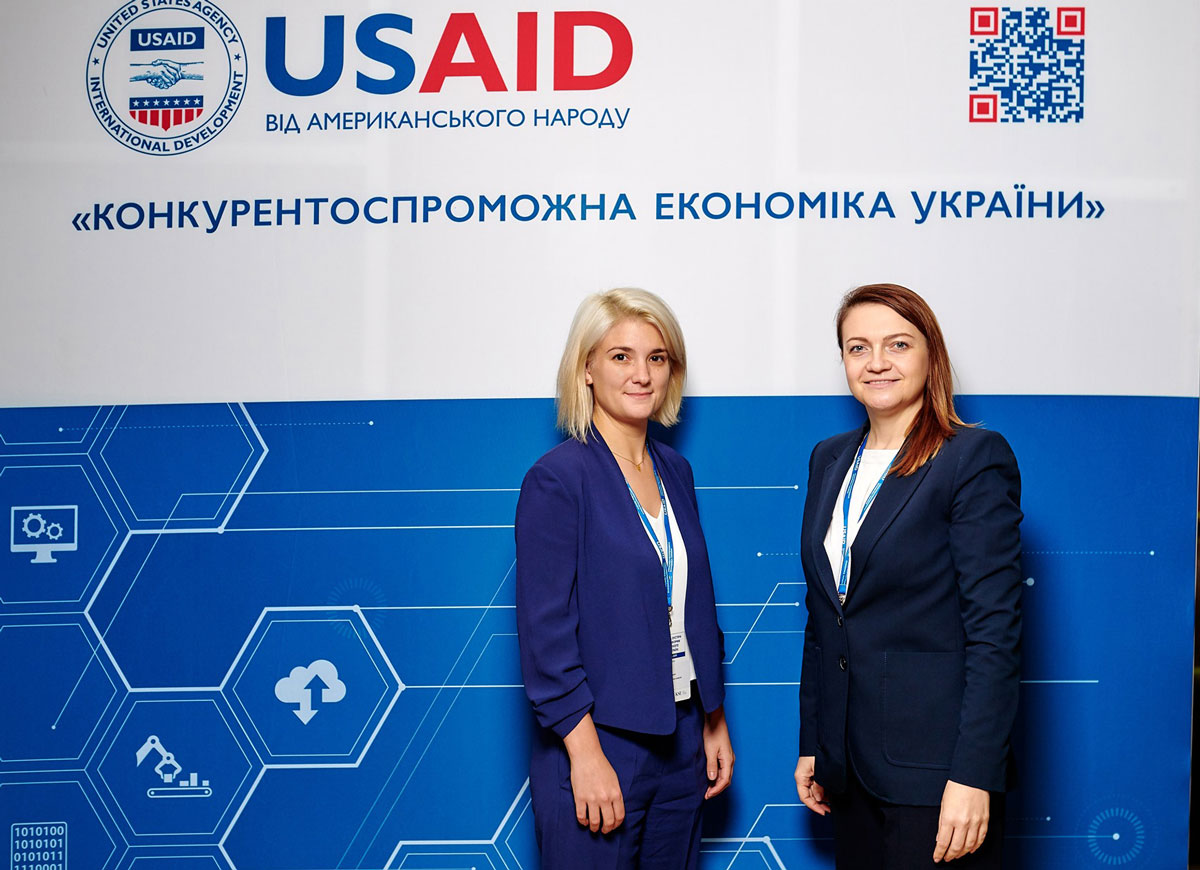
Her many other projects in Ukraine included advising a nonprofit that sought to assist small- and medium-size businesses by removing the competitive constraints that come from overbearing and corrupt inspections: “I built out a model for an IT-based inspections platform that strips away the ability for inspectors to engage in illicit, and ultimately competition-inhibiting, conduct, often on behalf of a paid sponsor or business,” Iorianni says.
She also offered guidance on restructuring and rewriting the rules for Ukraine’s public electronic procurement system, which had allowed certain companies to be unfairly excluded: “The platform was based on an IT model for countries that have rules. But Ukraine doesn’t have rules. So you can take a more creative route and use technology to enshrine the pro-competitive principles where they are otherwise lacking.” She did the same thing for the auction platforms that Ukraine uses to purchase everything from timber to sub-surface mineral rights.
Iorianni’s lifelong approach of delving into a wide range of subject matter presented itself yet again. Within a few months of living in Ukraine, she developed a deep understanding of Ukraine’s economy and geopolitical dynamics and began applying competition law and economic principles to address key problems affecting the nation. This breadth of understanding led her to advise both the U.S. Embassy and USAID on anti-corruption initiatives and to develop a comprehensive approach to combat the systemic corruption that exists in the region.
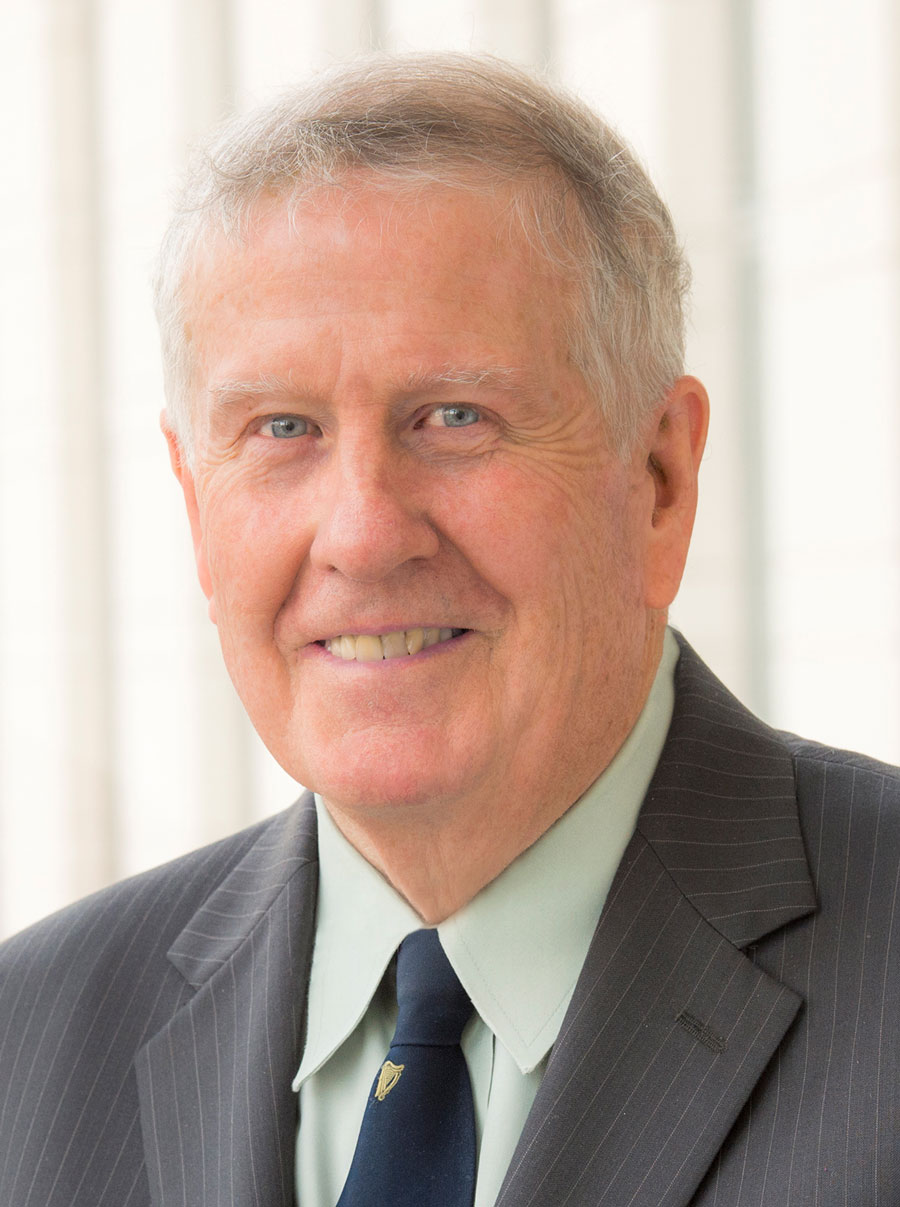
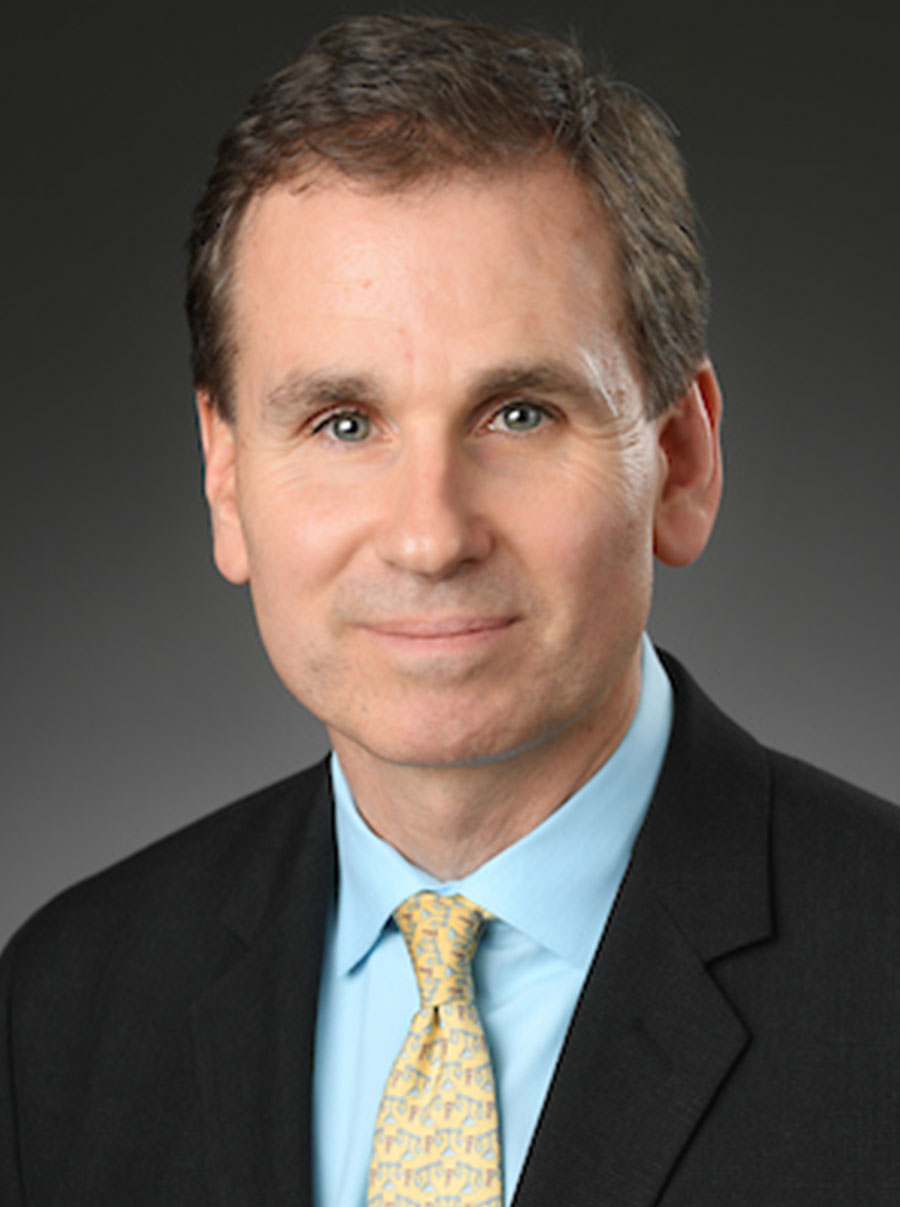
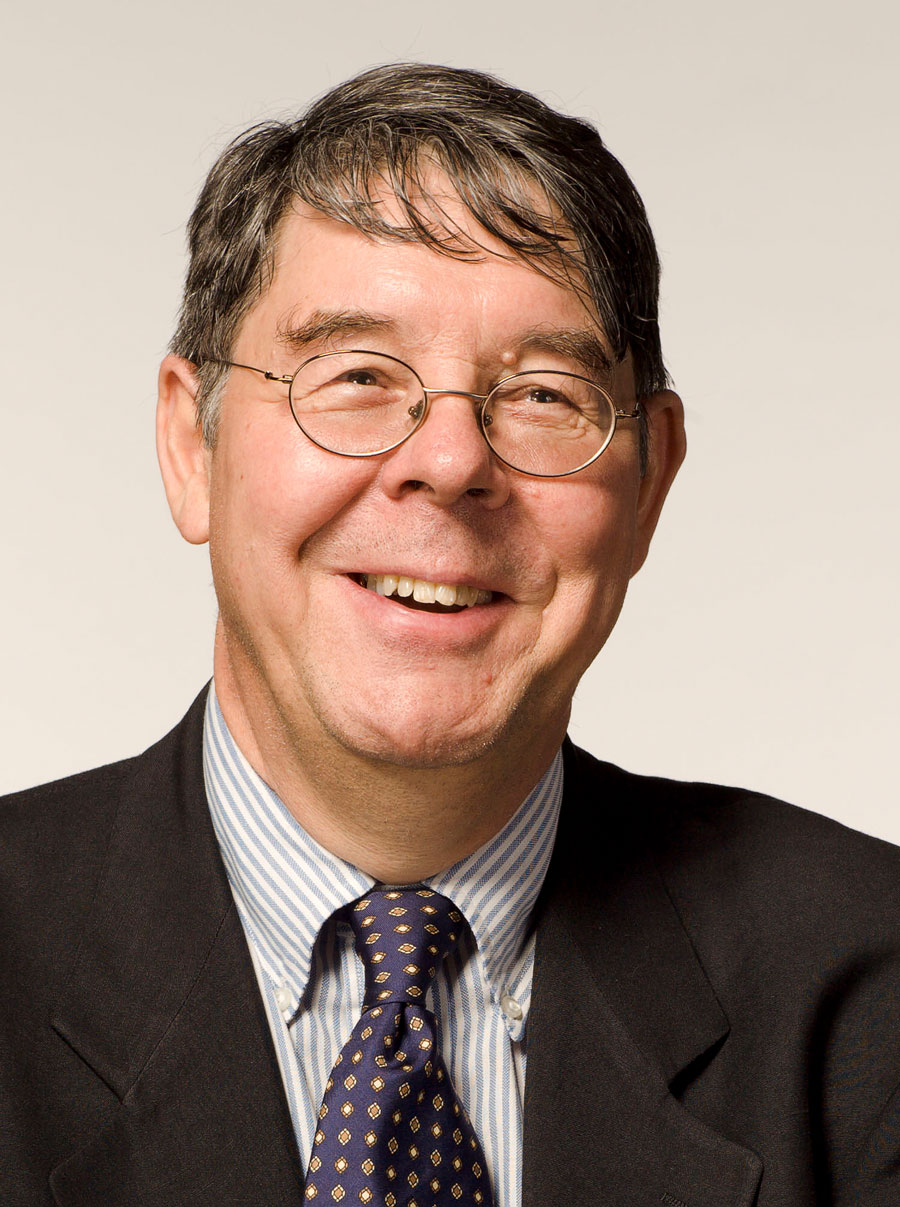
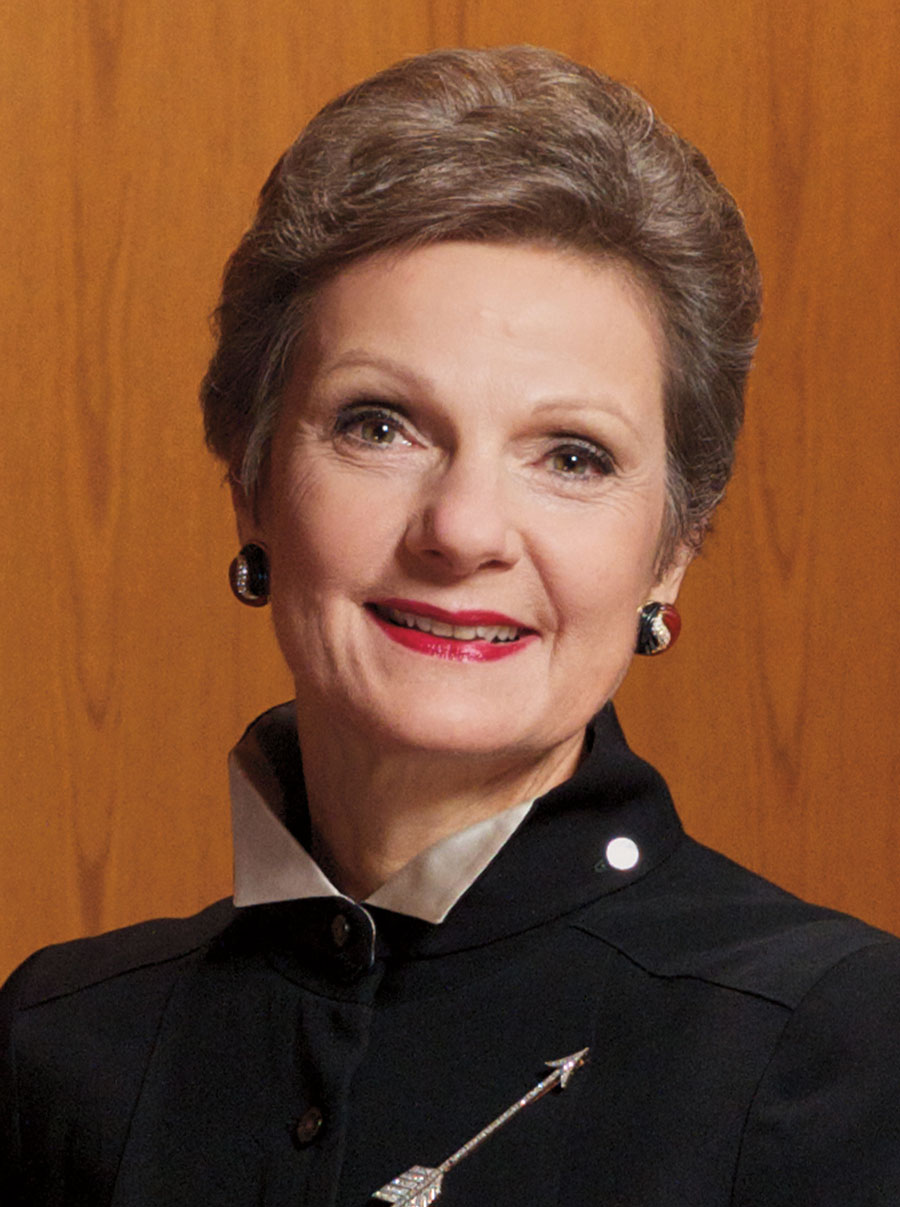
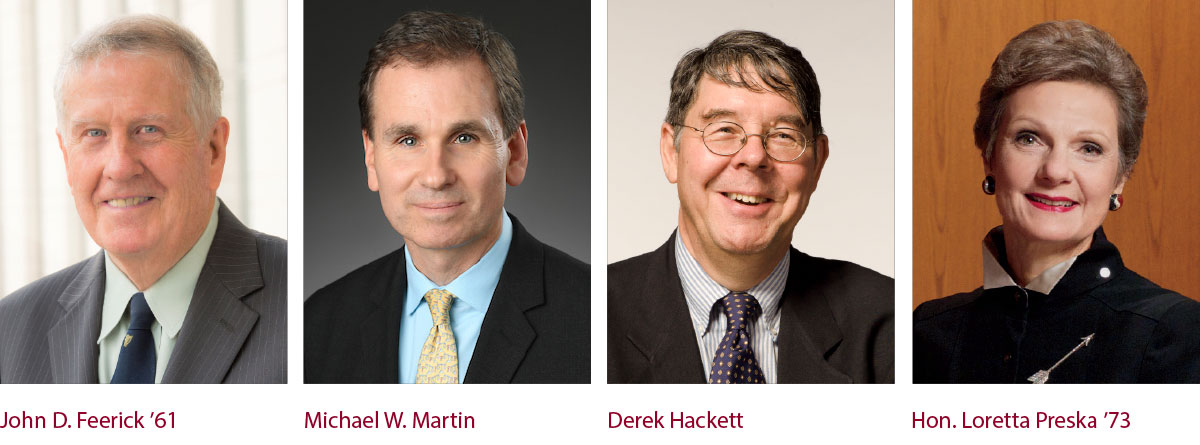
Throughout her career, Iorianni has aimed to fulfill the call to public service that first brought her to Fordham in 2010: “The principles, the service, the social justice initiatives—when you walk through the halls of Fordham, that’s what you hear. You don’t hear about what normally drives the majority of the population, which is money and power. The principles at Fordham are, How do we make an impact? How do we do things well and do them for the right reason? This comes from the student body and it also comes from the faculty. I would not have dreamed of doing what I’m doing without the likes of Dean Feerick, [Associate Dean for Experiential Education] Mike Martin in the Federal Litigation Clinic, Derek Hackett, and Judge Loretta Preska—their character pretty much defines Fordham as a school.”
Iorianni’s work in Ukraine reflects Fordham’s mission to serve the public good. “There’s a level of humility and perseverance in the Ukrainian population that is astonishing,” she says. “The people have been robbed of the things that could allow them to grow; they’ve been robbed of the ladder to move up by several oligarchs who just came in after the fall of the Soviet Union and bought Ukraine.”
Many Americans may hear “Ukraine” and immediately think about the uproar surrounding Donald Trump and Rudy Giuliani’s efforts to dig up dirt on Joe and Hunter Biden. But for Iorianni, corruption in Ukraine is less about political drama than it is about the human toll on the country’s ordinary citizens.
To remind herself what that means, she would take as many opportunities as she could to explore Ukraine beyond Kyiv, she says. “Mostly because if you drive 20 minutes outside the city, you understand why you’re doing development work here. You have women in their 60s and 70s freezing by the side of the road, selling what Americans would consider weeds for less than 30 American cents. You see somebody changing a tire every several kilometers because there are so many potholes. There’s a reason why Ukraine is the poorest country in Europe. If you stay in Kyiv, you live in a little bubble. And I didn’t want to live in that bubble.”
Iorianni wrapped up her time in Kyiv at the end of January 2021, putting her projects on autopilot, as she calls it, so that her Ukrainian colleagues could continue the various initiatives she set into motion.
As of this writing she has relocated to the United States, where she will work remotely on a project for USAID to set up competition-law policy recommendations for countries located in the South Pacific that experience economic suppression from neighboring countries in the east. Her hope is to continue to remain distinctly rooted in antitrust and competition work, whether that be in a return to enforcement or as a member of a firm focusing on competitive innovation.
She’s still in the process of figuring out her next career move.
When she arrives at a decision, it will be true to principle and it may be a surprise—but, if precedent serves, it will seem as if she’d planned it all along.